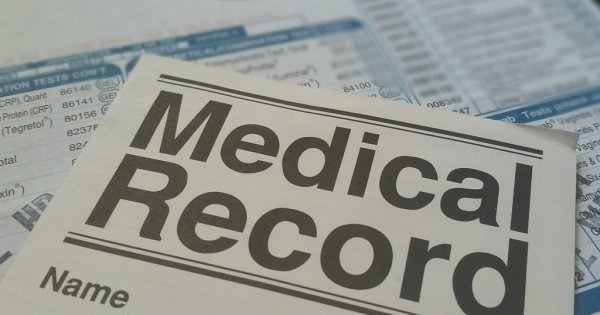Saddif Ovee
Published:2023-12-06 16:12:54 BdST
Health ID for allSeamless medical information management on the horizon
The government is set to launch a Health Card system, aiming to store patient information through a unique identification number.
This card, available for free through online registration, is part of a special system designed with a focus on patient privacy and security.
The Directorate General of Health Services (DGHS) has undertaken the ambitious task of reaching 60 million people within the next five years.
Both doctors and patients can access detailed information by logging in with the number on the health card from anywhere in Bangladesh.
According to the DGHS, the introduction of health cards with unique IDs for patients aligns with global digitization efforts in the healthcare sector.
This initiative, akin to national identity cards, will contain comprehensive healthcare information.
The Management Information System (MIS) department of the DGHS is driving this enhanced health system, initiating the Shared Health Record to facilitate the exchange of health information among all public and private healthcare institutions, creating a unified platform to store citizen health information in Bangladesh.
Currently, the National Orthopedic Rehabilitation Center (Nitor) in Dhaka, along with government health institutions in Manikganj and Gopalganj of Dhaka Division, has started the distribution of health IDs to patients.
Launch next month
The Ministry of Health and Family Welfare is set to launch a piloting program from January next year.
Based on the outcomes of the pilot program, starting in eight institutions across two districts next month, will be expanded.
Earlier, Health Minister Dr Zahid Maleque announced the launch of health cards for everyone in the country, emphasizing the digitization of the entire health system.
Sources within the ministry reveal that automation has already been implemented in 62 hospitals and it will be gradually implemented in all government hospitals, with a project in the Planning Commission awaiting approval for implementation within the next three years.
The DGHS aims to bring all government hospitals in the country by 2030 and all institutions, including private ones, under Health ID by 2041.
How to obtain?
To obtain the health card, individuals must visit a hospital with copies of their National Identity Cards or Birth Registration Numbers (for those below 18) while undergoing treatment at any government hospital.
Private health institutions and hospitals will soon be covered by this digital system.
According to Department of Health sources, private hospitals seeking this service must first register with the DGHS.
Those using their automation software should integrate it with the shared health record, and guidelines for this will be published soon on the DGHS website.
Organizations without their software will also receive guidance on developing new software to connect to the Shared Health Record.
For those unwilling to invest in new software, the DGHS will provide suitable software for private institutions to use and connect with shared health records.
Authorized private hospitals can contact the health department to obtain the required ID and password.
Objective of health card
The health card initiative aims to automate hospitals and health institutions in Bangladesh, achieving central integration through the Shared Health Record, and providing each citizen with a unique Health ID number.
The system aims to improve the accuracy of diagnosis, enhance the quality of medical care, save citizens' money and time, and contribute to a more streamlined and cost-saving universal healthcare system.
Features of health card
The DGHS emphasizes that all healthcare information, from birth to death, will be stored in a digital database, eliminating the risk of losing previous medical and examination papers.
Patients will no longer need to carry physical documents, as all information will be accessible online.
Additionally, necessary healthcare services can only be obtained through the health card, and all test reports will be sent to email addresses.
Patients can also make hospital appointments online from the comfort of their homes.
Dr Shahadat Hossain, director of the MIS Department of DGHS, explains that detailed patient information will be linked to the national identity card and birth certificate in a secure database.
“Upon seeking treatment, a patient's entire medical history, including lab tests and prescriptions, can be accessed using their Health ID or other identifiers,” he added.
“The system is designed to allow doctors to view comprehensive patient information by logging in. When we launch the system across the country, all the information of a patient will be seamlessly transferred from one hospital to another. There will be no need to input any new info, a patient just has to provide the card number,” the director of MIS said.
Unauthorized use or reproduction of The Finance Today content for commercial purposes is strictly prohibited.


